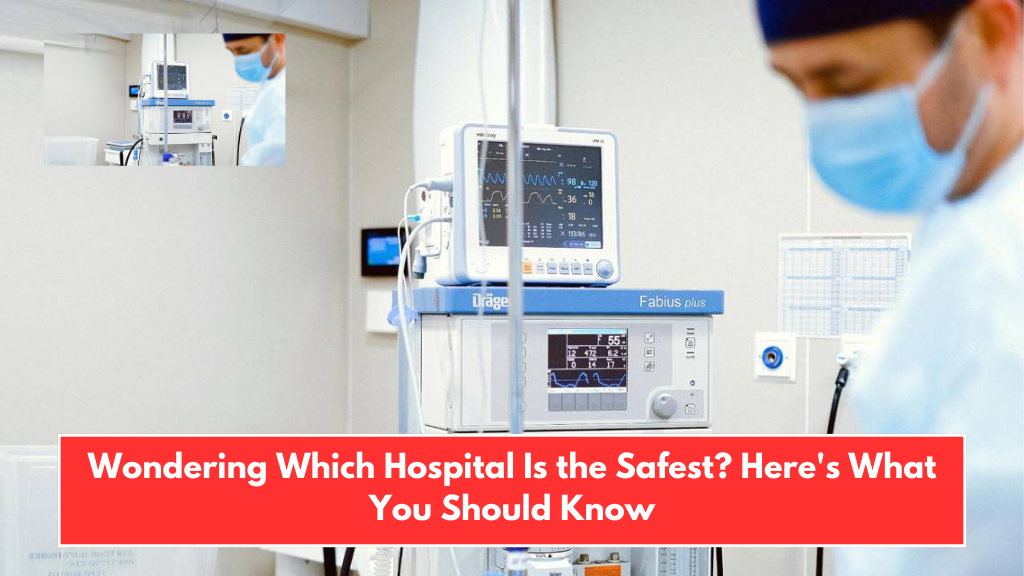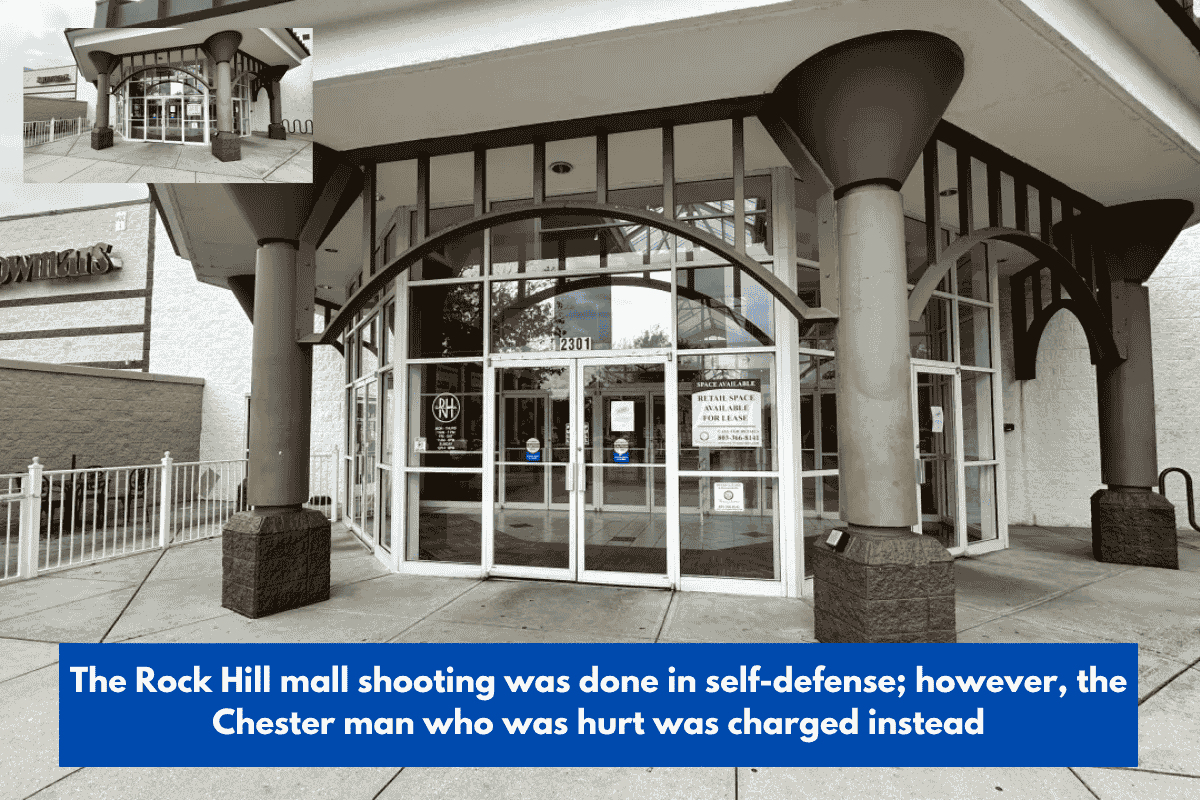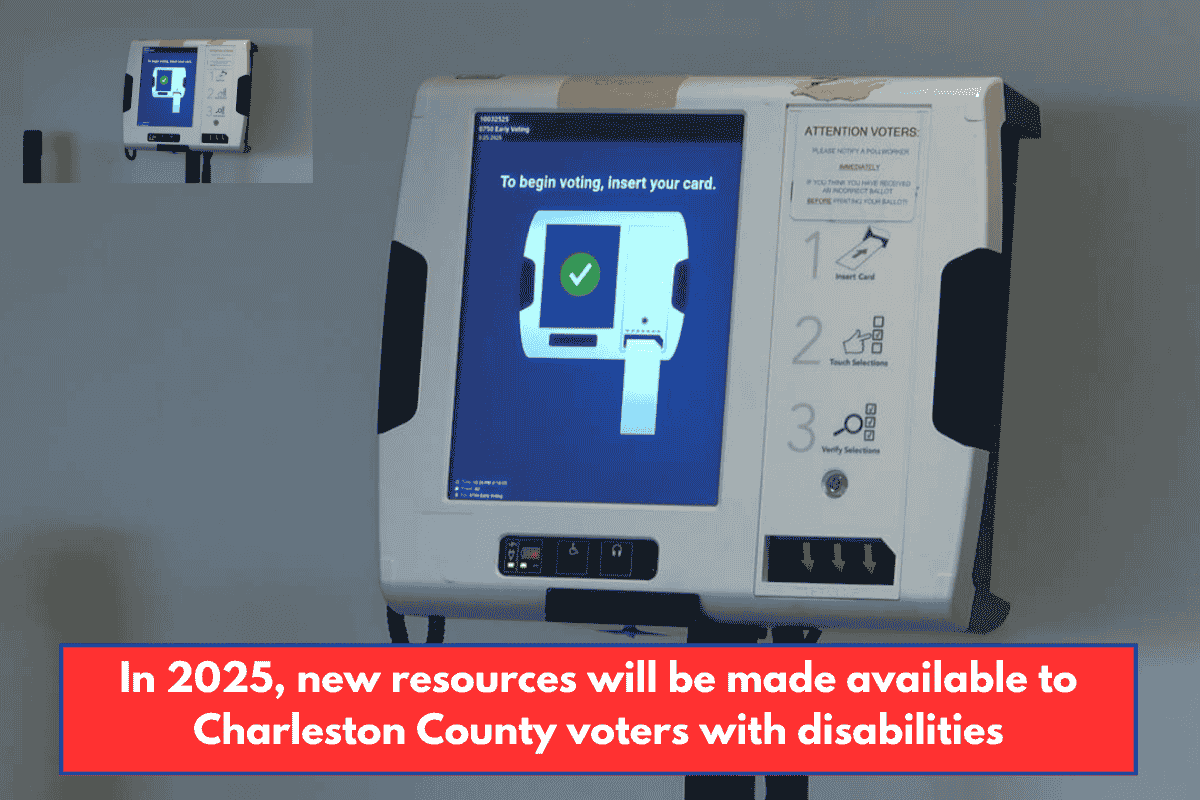Choosing the right hospital can be tough, especially when you’re not sure how safe it is. That’s where the Leapfrog Group comes in. This nonprofit group has been grading hospitals across the United States since 2012. Their main goal is to show how well hospitals protect patients from things like infections, mistakes, and accidents.
They release these safety scores twice a year—in spring and fall—to help patients and families make better healthcare choices. If you’ve ever wondered which hospital in your area is the best in terms of safety, these scores are worth checking out.
What Is the Leapfrog Group?
The Leapfrog Group is an independent, national organization started in 2000. It was created by large employers and other groups to push for better safety in hospitals. One of their biggest efforts is the Leapfrog Hospital Safety Grade, which began in 2012. This report gives hospitals a letter grade based on how well they avoid harmful errors and protect patients.
How Are Hospitals Graded?
Hospitals in the US are graded with letters from A to F, based on their performance in three main areas:
Process Measures – How often the hospital gives the right treatment for a certain disease or surgery.
Structural Measures – The hospital’s overall setup, staff, and equipment used to care for patients.
Outcome Measures – What happens to the patient during and after treatment.
The scoring uses 22 safety measures, picked with help from health experts at Johns Hopkins Medicine. These include infection control, surgery safety, and how well a hospital avoids mistakes.
Why These Grades Matter
Leapfrog says these grades are important because hospital errors harm 1 in 4 patients. It’s also believed that about 250,000 deaths every year in the US are caused by preventable hospital mistakes. That’s why knowing how your local hospitals perform can help you prepare, especially for planned treatments.
South Carolina Hospital Grades: Spring Results
Here’s how hospitals in different areas of South Carolina scored in spring:
Beaufort County
Hilton Head Hospital: C
Beaufort Memorial Hospital: C
Coastal Carolina Hospital: C
Savannah Area
Memorial Health University Medical Center: C
Candler Hospital: D
St. Joseph’s Hospital: D
Charleston Area
Medical University of South Carolina: C
Roper Hospital: A
East Cooper Medical Center: C
Bon Secours St. Francis Hospital: B
Mount Pleasant Hospital: A
Trident Medical Center: B
Summerville Medical Center: C
Berkeley Hospital: A
How Did South Carolina Do Overall?
This spring, 51 hospitals were graded in South Carolina:
24 hospitals earned an ‘A’
11 hospitals got a ‘B’
15 hospitals received a ‘C’
No hospital got an ‘F’
South Carolina is now ranked 5th in the nation for hospital safety, tied with Virginia. That’s a strong improvement, with nearly 47.1% of its hospitals earning an A.
Which Hospitals Always Perform Well?
Some hospitals across the country have consistently earned A grades for many years. These include:
Endeavor Health Elmhurst Hospital (Illinois)
Mayo Clinic-Phoenix (Arizona)
Inova Loudoun Hospital (Virginia)
University of Chicago Medical Center (Illinois)
Kaiser Permanente Orange County-Anaheim (California)
French Hospital Medical Center (California)
These hospitals are often listed among the safest in the country.
What If Something Goes Wrong in the Hospital?
Leapfrog says if you see a mistake or something feels wrong during your hospital stay, take action:
Speak up right away.
Tell someone on the hospital staff—nurses, doctors, or the patient help desk.
Be respectful but firm.
Follow up if nothing is done.
Use suggestion boxes or feedback systems if available.
Most hospitals have systems in place to handle such complaints, so don’t hesitate to raise concerns.
Hospital safety isn’t something we think about until something goes wrong. But by using tools like the Leapfrog Hospital Safety Grade, we can plan ahead and choose better. While you shouldn’t avoid emergency care based on grades, for scheduled treatments, it’s smart to go with hospitals that have a solid track record in safety. Staying informed can truly make a difference in your health and peace of mind.














